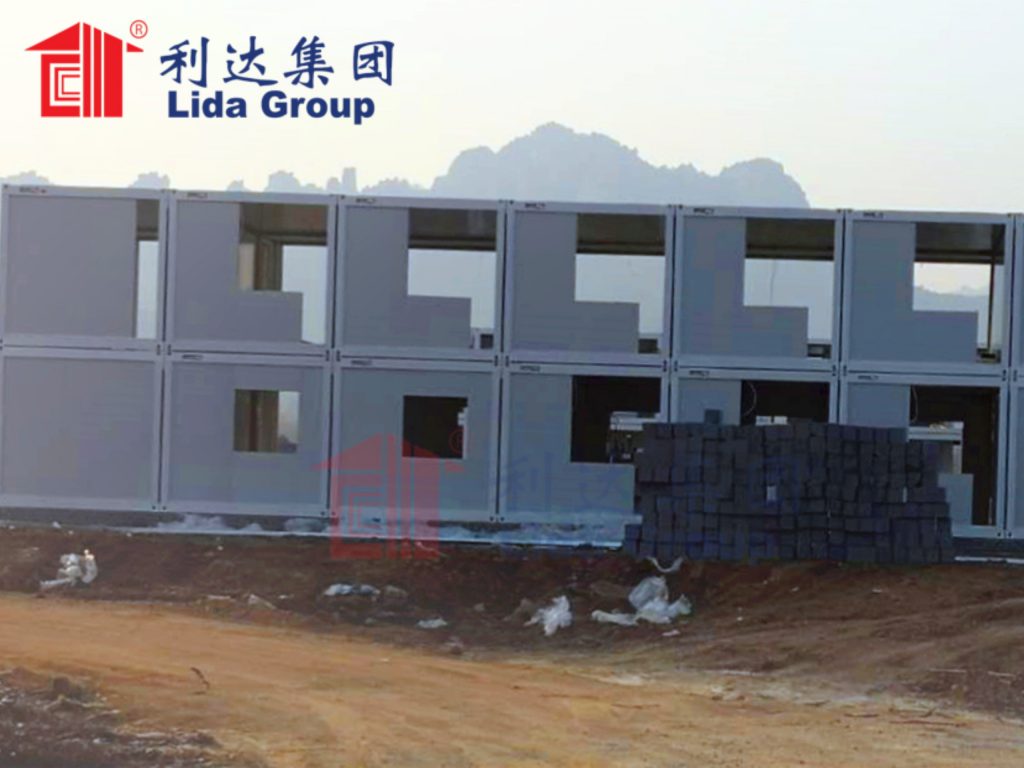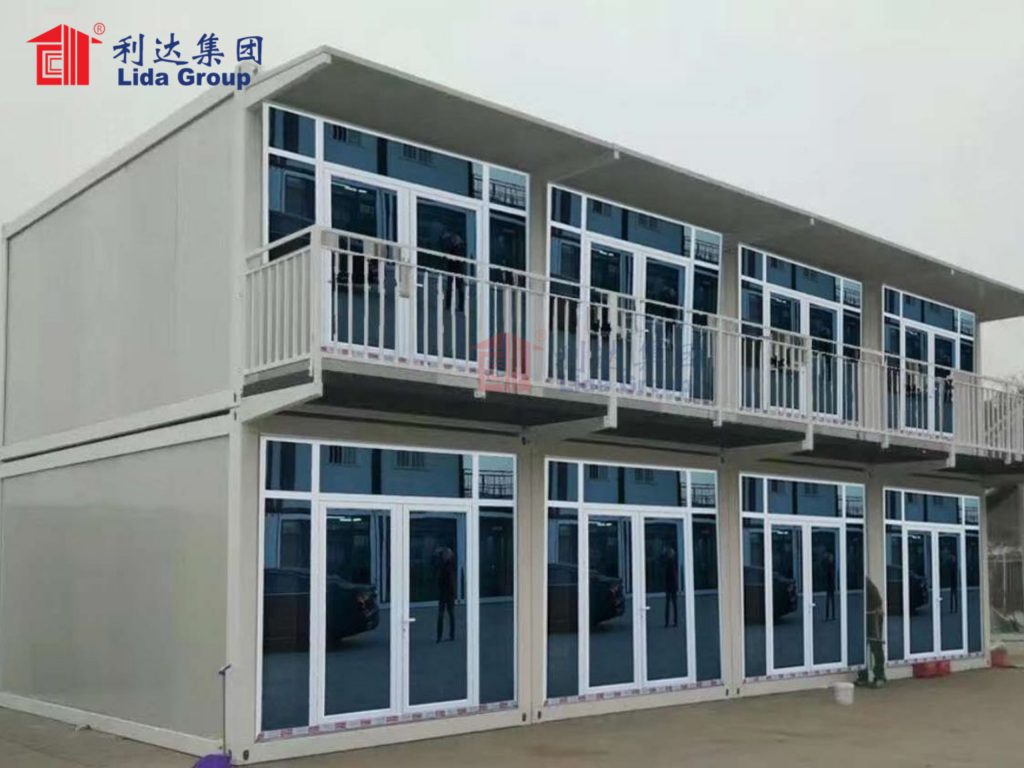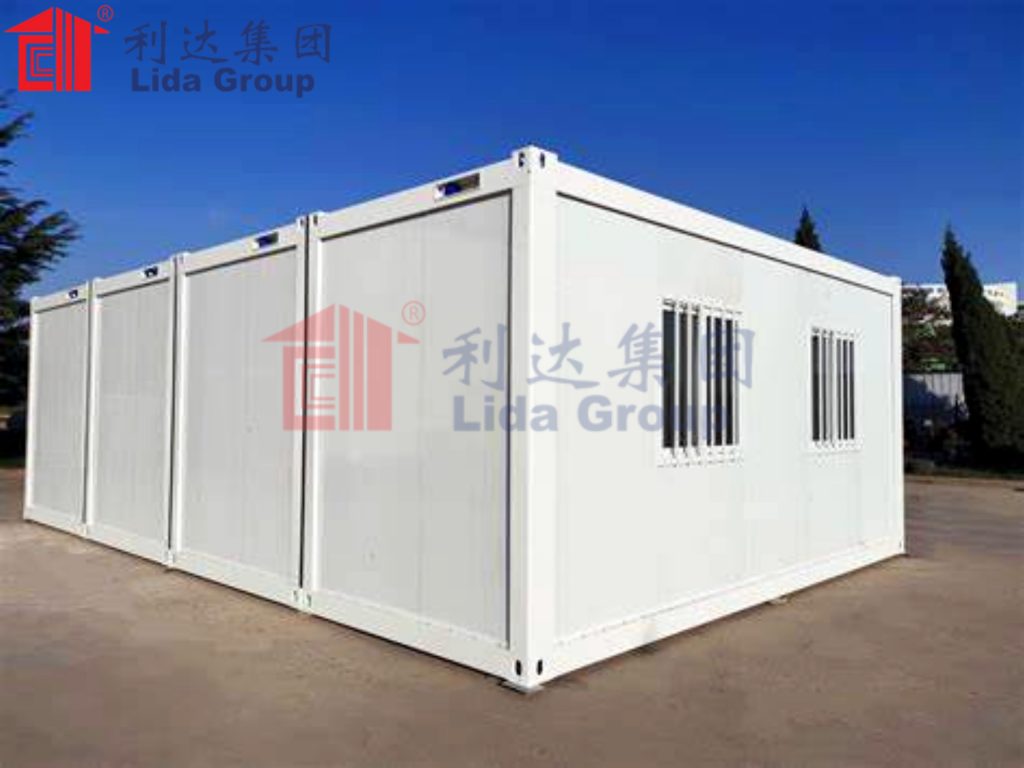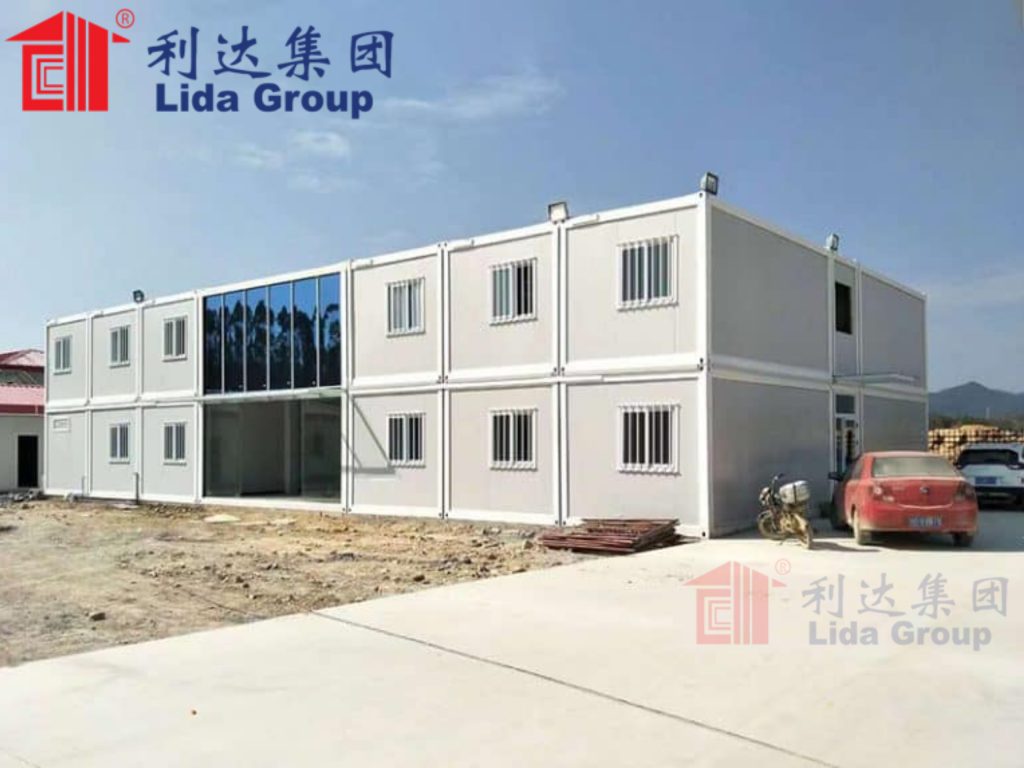Optimizing Rural Regeneration: Pilot Project Models Integrated Agri-Industry, Accommodations and Hospitality
As rural populations decline amid tightened margins, diversified regenerative land uses present opportunities revitalizing countryside sustainability. This case study assesses a pilot project optimizing 200 hectares through a customizable integrated agri-industry village championing renewed vibrancy. Leveraging pre-engineered modular construction expertise, Lida Group streamlined multi-functional standardized buildings cultivating resilient rural community synergies.

Background
The project targeted Xinyang city’s outlying village plagued by depopulation as youth migrated to cities. Visioning regenerative options optimizing underutilized farmland, planning director Chen spearheaded consultations identifying stakeholders’ aspirations culminating in the integrated masterplan:
– A farmhouse and storage facilities supporting specialty crop production
– Seasonal worker dormitories stabilizing harvest labor supply
– A 20-room rural boutique hotel augmenting agritourism
– Common areas uniting hospitality and production through demonstrations/sales

Prefabricated Modular Structures
Lida Group deployed pre-engineered modular construction streamlining infrastructure development according to renderings generated collaboratively:
Steel-framed buildings incorporated roof garden areas and courtyards maximizing landscaping. Foundations linked utilities between structures through pre-plumbed chase-ways. Insulated wall/roof panels joined frames into complete weather-tight enclosures.
Work commenced through subunit assembly off-site into complete structural cassettes delivered for rapid on-site erection. Strategic siting united accommodation, storage and hospitality facilities harmoniously within shared landscaping and road access optimized for revitalization.

Successes and Community Impacts
On opening, stakeholders reported farm diversification and stabilized incomes through diversified uses:
Producers expanded specialty crops for restaurants/tours through consistent organic food sovereignty certification.
Harvest laborers secured housing enhancing supply reliability for producers.
Tourists immersed in rural heritage through farm/winery tours and hands-on experiences cultivating community pride and identity.
Government saw population stabilizing through diversified livelihoods and renewed sense of belonging cultivating intergenerational continuity.
Researchers cite scalability if similar integrated agri-industry villages recruit heritage tourism empowering countryside regeneration worldwide. Continued monitoring models optimized synergistic land uses revitalizing rural communities through tailored regenerative development.

Conclusion
By integrating modular construction expertise, the assessed pilot optimized underutilized farmland through multi-functional agricultural, residential and hospitality infrastructure customized collaboratively. Stakeholders demonstrated successes stabilizing rural livelihoods, communities and landscapes through diversified regenerative synergies tailored to local needs and resilient agricultural heritage.
It is argued continued proliferation of similar integrated agri-industry villages optimizing rural land uses through streamlined modular development represents opportunities democratizing resilient rural progress worldwide by harnessing grassroots stakeholder participation and innovations scaling optimized land regeneration from the bioregional roots up. Overall, participatory applied models showcase potentials regenerating communities and landscapes sustainably through synergistic multifunctional land use development globally.

Contact us, please click here!
Related news
-
Technical paper examines the cost-effectiveness, versatility and climate-resilient features achieved through deployments of Lida Group's proprietary hot-dip galvanized steel connections for hybrid-use farm building prototypes.
2024-08-05 16:01:47
-
White paper evaluates opportunities to mass produce customizable steel framing, paneling and roofing cassettes through industrializing Lida Group's prefabrication methods for producing integrated multi-unit buildings.
2024-08-02 16:56:46
-
Report commends Lida Group's ability to engineer integrated pest-proofed multi-function steel buildings enabling specialized intensive farming through attached housing, processing and seasonal accommodations.
2024-08-02 14:56:08
contact us
- Tel: +86-532-88966982
- Whatsapp: +86-13793209022
- E-mail: sales@lidajituan.com


